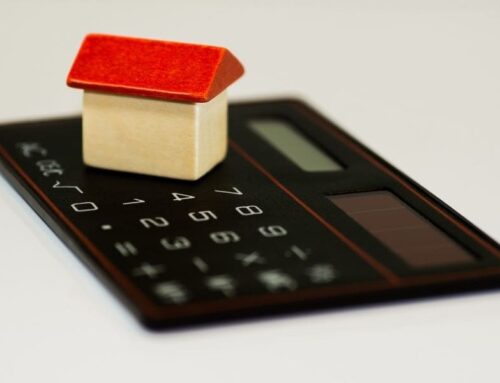When you prepare to put your home on the market, you hope that everything will go the way you imagine and that is your home will sell for over listing price the very first day it goes on the market.
The reality isn’t so rosy. The market may slow down. Your home may get few showings or no offers. You may have to lower your list price. Or, your home may not sell at all because you made a big mistake.
So if you’re thinking of doing any of the following five no-no’s, stop yourself right now.
Don’t hire the first REALTOR® you meet. Selling your home is one of the largest transactions you’ll ever have, so why wouldn’t you interview several applicants to help you? You can ask friends and family for referrals, but there are several questions you should ask. Make sure the agents you interview are experienced selling homes in your neighborhood and the type of home you want to sell. To get the listing, potential agents may employ a number of strategies, including suggesting or agreeing with you to list a high price for your home. Don’t fall for it. Choose the agent who is straight with you, about the market and about your home.
Don’t ignore the market. Every market is different and those differences can impact the sales price of your home, the number of days your home spends on the market, and whether your home sells or not. You have to face the reality of market conditions to influence the success of your home’s sale. If home prices are going up, you’ll do well, but it will be more expensive to purchase your next home, unless you move to a less expensive market or home.
And if prices are going down, you may not net what you were hoping for, but your next purchase may be a bargain, if you stay in the same area.

Don’t hide problems the home may have. If you’ve had a major water leak or had your foundation fixed, you need to disclose that in a formal seller’s disclosure form for all potential buyers to see. While it may be tempting to check the I-don’t-know box, remember that any lie can come undone. You don’t want to face legal problems because you tried to hide the truth. And if your buyer wants to know more, you can show the receipts for what you did to fix the problem.
Don’t overprice the home. When your home is overpriced, it’s underdressed for the party. Everyone notices that it doesn’t quite fit in. Buyers who can afford your home quickly notice that your home doesn’t quite measure up to others in the same price range. Buyers who could afford your home if it were priced correctly are unlikely to make offers because they’ll be searching in a different price range.
Don’t ignore your agent’s advice. A real estate agent is a professional. When she or he tells you that you’ll get a better offer more quickly if you’ll declutter, stage your home, make certain updates or repairs, it’s a proven truth. Buyers are more negative when they see homes that need work, and tend to make offers or withhold offers based on their feelings.
If your agent showed you a comparable market analysis, he or she may have suggested a listing range to price your home. If you go over that, you’re risking a negative response from the marketplace, long days on the market, and probable price reductions.
Do things right from the beginning and you’ll have a smoother, easier, and more profitable transaction.
Position Realty
Office: 480-213-5251



